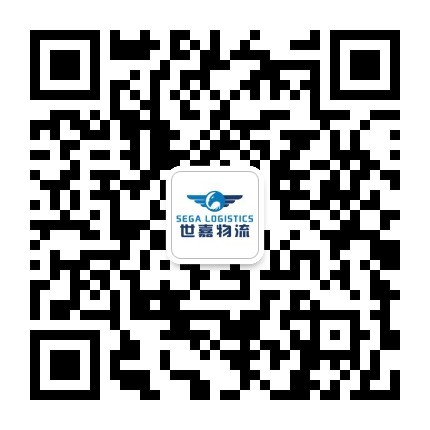Indonesian Customs New Regulations: E-commerce packet tax allowance reduced from 100 US dollars to 75 US dollars
Indonesian Finance Minister Sri Mulyani signed the Ministry of Finance Regulation 112/2018, which came into force on October 10.
Indonesian Customs New Regulations: E-commerce packet tax allowance reduced from 100 US dollars to 75 US dollars
Image source: 123rf.com.cn
[Tomorrow 13:00·Shopify sellers exchange meeting] From the platform to the independent station combination operation, from the beginning of the rapid exploding ideas! Book now>>
On September 10, 2018, Indonesian Finance Minister Sri Mulyani signed the Ministry of Finance Regulation No. 112/2018. According to the new regulations, the tax exemption for each e-commerce consignee of $100 per day is reduced to $75 per day. The regulation has taken effect on October 10.
In addition, the details and specifications of the order data are clearly defined, and each order must be clearly stated as required.
This means that when an Indonesian individual or business orders more than $75 per day (including shipping costs), an additional import tax is required.
If it is a separate order, it will also be taxed. For example, if an e-commerce customer purchases three items in a day, which are 20, 50, and 100 dollars, then the first two items will be exempt from import duties, and the third item will be taxed.
Heru Pambudi, director of the General Administration of Customs of the Ministry of Finance, said the new rules were based on the recommendations of the World Customs Organization (WCO).
Why is there such a policy change? Moteng believes that:
1. The Indonesian rupiah continued to be weak. At the same time as the currency depreciation, the national budget deficit was increased. In order to reduce systemic risks, reduce the current account deficit, increase fiscal revenue, reduce imports and increase tax revenue are two ways in which the government can achieve certain effects in the short term.
Before the Ministry of Finance signed this e-commerce policy, the Indonesian government has increased the import income tax on more than 1,000 kinds of goods. However, there are still many controversies in restricting imports at home. The most fundamental measure to reduce the deficit is to expand exports.
Tahan, the chairman of Indonesia’s Guoxin Group, and its Chinese businessman, Weng Junmin (Tahir), recently announced a high-profile announcement to replace nearly 100 million US dollars in their name with the Indonesian rupiah to support the exchange rate. In the sensitive period before the election in April next year, we should see more such statements.
2. With the development of cross-border e-commerce, a large number of commodities enter Indonesia through tax-free channels through e-commerce channels. Indonesian e-commerce customer price is not high, 75 US dollars can be said to exceed the average customer price of most B2C, C2C e-commerce.
The most influential is the B2B e-commerce. Previously, many distributors and small Bs were using the $100 tax-free limit to split the order into small packets to evade taxes. After the implementation of the New Deal, the development of these players will be restricted due to the increase in tax revenue.
Constantly adjusted Indonesian customs policy
Before 2017, Indonesia is one of the most difficult countries in the world to clear customs. (Click to see what is the best way to clear customs clearance in Indonesia?) Every year from December to March, it is the red light period for Indonesian customs clearance. Indonesia Customs will conduct joint investigations on import customs clearance with other law enforcement agencies. The customs clearance procedures are very complicated. The cost is also high.
After the new finance minister, Sri Mulyani took office, he adjusted the import shipment regulations and formulated the previous tax exemption principle for goods below $100. If the customs value of the shipment is higher than $100 and less than or equal to $1,500, the following applies. Any kind of customs clearance process: customs clearance using consignment receipts (single tariff 7.5%) or customs clearance by submitting PIBK/PIB import declarations.
Since then, the phenomenon of collecting tariffs has been basically eliminated, and goods with high value have a clear basis for charging. Therefore, Indonesia's B2C cross-border e-commerce has ushered in a development peak.
However, from the current perspective, the average daily e-commerce business from Jakarta Customs to Indonesia is no more than 70,000 (compared to several e-commerce platforms in India, this number is not limited), and the upside is not small. (Source: MoTeng Ventures)
點擊圖標下載 App


